The 10th edition of the
Women’s Film Week, which starts
tomorrow to mark International Women’s Day, this year celebrates women
empowerment through stories about their rights and leadership.
اضافة اعلان
The two daily screenings of local and international films,
at 6:00pm and 8:00pm, give the public the opportunity to learn about issues
like women’s rights and leadership in adapting, mitigating and responding to
climate change, in order to build a more sustainable future.
The theme of this year’s
International Women’s Day is
“Gender equality today for a sustainable tomorrow”.
Festival artistic director Ghada Saba said that “this
edition is special as it will be a chance to recognize the important women and
girls contribution to a sustainable future”.
Selected films:
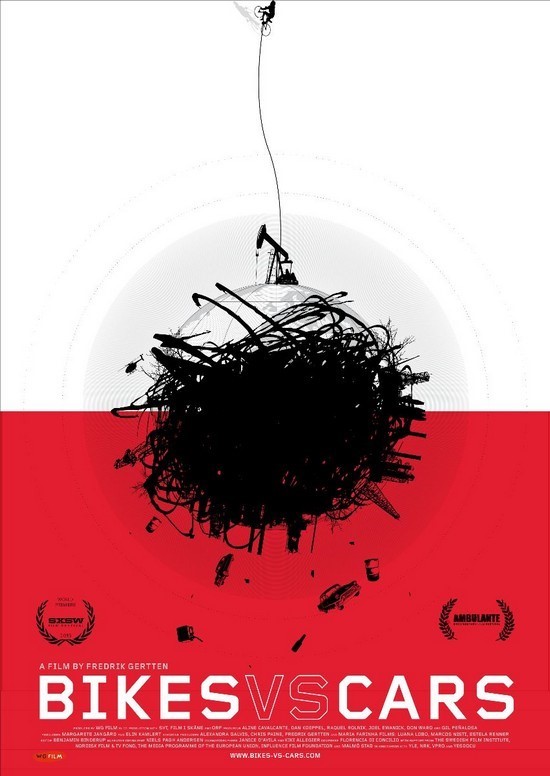 “Bikes vs. Cars”
“Bikes vs. Cars”, by
Fredrik Gertten. This Swedish
documentary film reports from cities around the world about the need for bikes
and the problems faced by those who ride them. One can see how these modes of
transportation compare from Los Angeles to Toronto, São Paulo, Brazil and
Copenhagen.
“Red Soil”, by
Farid Bentoumi, is an ecological thriller
that denounces the actions of large industrialists and the general consent of a
society that prefers to look elsewhere.
Nour has just been hired as a nurse in the chemical plant
where her father, a union representative and loyal company employee, has always
worked. Meanwhile, a journalist leads an investigation into the company’s waste
management practices. The two young women will gradually discover that this
factory, a pillar of the local economy, hides many secrets.
Between lies about polluting discharges, doctored medical
records and concealed accidents, Nour will have to choose: be silent, or betray
her father to bring out the truth.
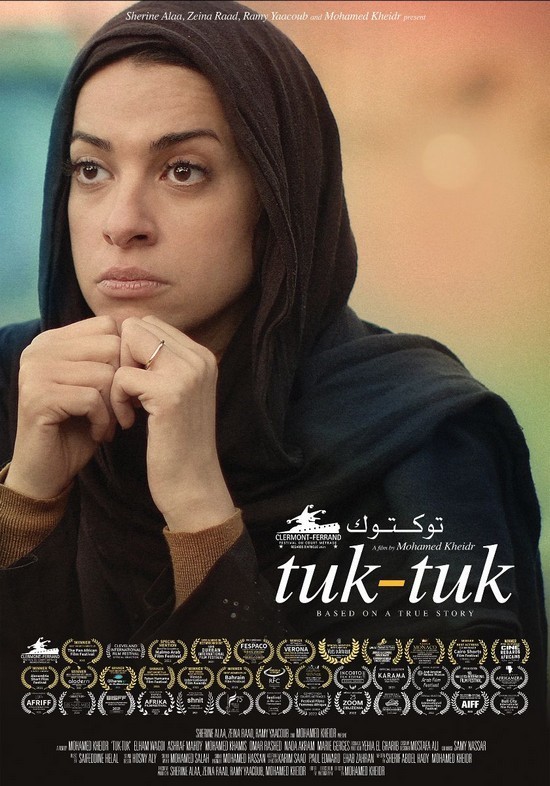 “Tuktuk”
“Tuktuk”, by
Mohamed Kheidr, is a short Egyptian narrative
film inspired by a true story about Walla, who tries to gain her family some
income after her husband illegally emigrates. Conditions force her to work as a
tuktuk driver, get in a lot of trouble and face society’s violence, harassment
and male domination of the tuktuk market.
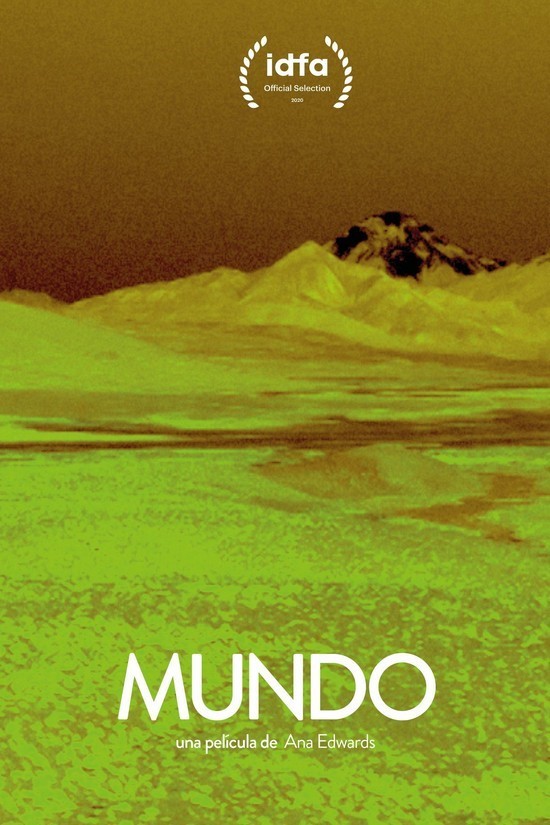 “Mundo”
“Mundo”, by
Ana Edwards, is a short documentary that tackles
women’s crisis of faith. With its religious theme, the movie follows Matilde,
an old woman belonging to the Aymara people native to the mountains across
Peru, Bolivia, Argentina, and Chile. Like any indigenous group, the Aymara have
been subject to a wave of conversions. People like Matilde are doing their best
to resist, but their beliefs are causing them grief as well.
 “Women Flying Dreams”
“Women Flying Dreams”, by Ariel Gómez and Movimiento
Creativo, is a short documentary that discusses topics like women’s inclusion
in the workforce, gender equality and promoting better working environments for
women in unconventional jobs.
“Kano Botanic Garden”, by Aliyu Ahmad, is a Nigerian short
documentary about a professor of botany who establishes a botanical garden and
uses it to educate students and the local society on the effects of
deforestation, climate change and non-sustainable utilization of resources.
“Sunú”, by
Teresa Camou Guerrerro, is a Mexican documentary
film which shows how maize and everything it gives life to could be lost
forever as it addresses the destruction of rural life and the threat to corn in
Mexico.
Camou delves into the life of Cruz, a Rarámuri leader who
from a very young age worked in defense of forests and the rights of his
community and became an indigenous governor and trustee in the Sierra
Tarahumara.
Faced with the threat posed to Mexico by the cultivation of
genetically modified corn, farmers struggle to preserve the traditions of their
communities, the diversity of seeds, and the right to food sovereignty.
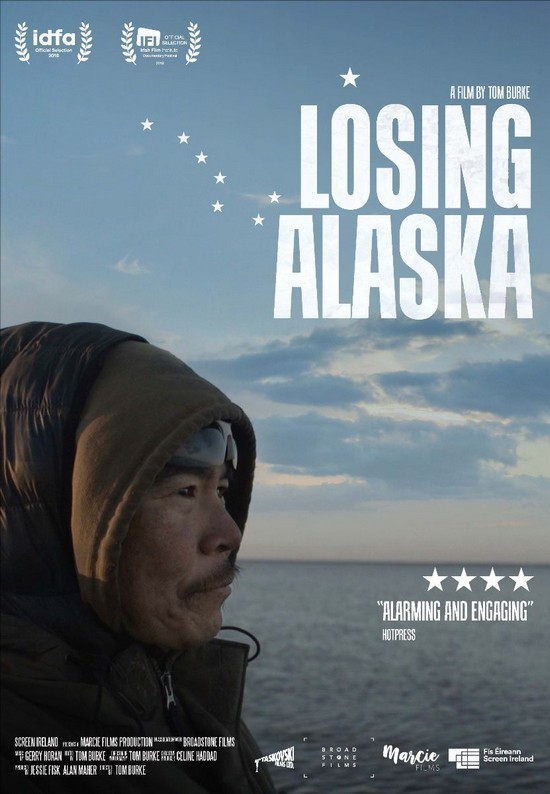 “Losing Alaska”
“Losing Alaska”, by
Tom Burke, is a documentary about an
Alaskan community of some 375 souls suffering from the impact of global warming
as rising water levels threaten their very existence.
The village of Newtok is slowly vanishing into the sea. The
constant threat is a nightmare, and the ground disappearing under the
villagers’ feet seems to belong to a horror movie plot.
“From the Kitchen to the Parliament”, by Stéphane Goël, is a
Swiss documentary that follows four generations of women fighting the male
electorate to grant women the right to participate in political
decision-making. It is a film about equal rights, and a fun and deep insight
into the fight for women’s suffrage.
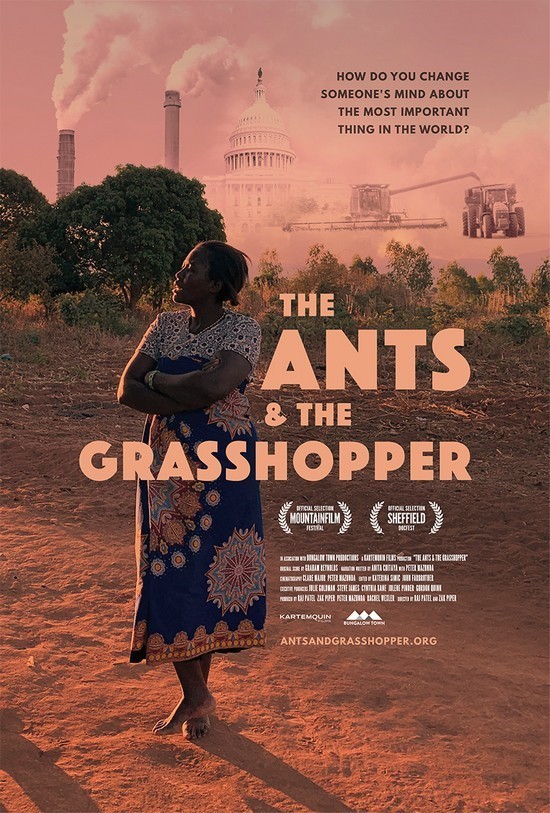 “The Ants and the Grasshopper”
“The Ants and the Grasshopper” is a documentary by
Raj Patel
and Zak Pipe. Trying to transform her village in Malawi with new farming
methods to save it from drought, Anita Chitaya travels from Malawi to the US in
an effort to convince Americans that climate change is real. During her
journey, she explores how we can live more simply and sustainably.
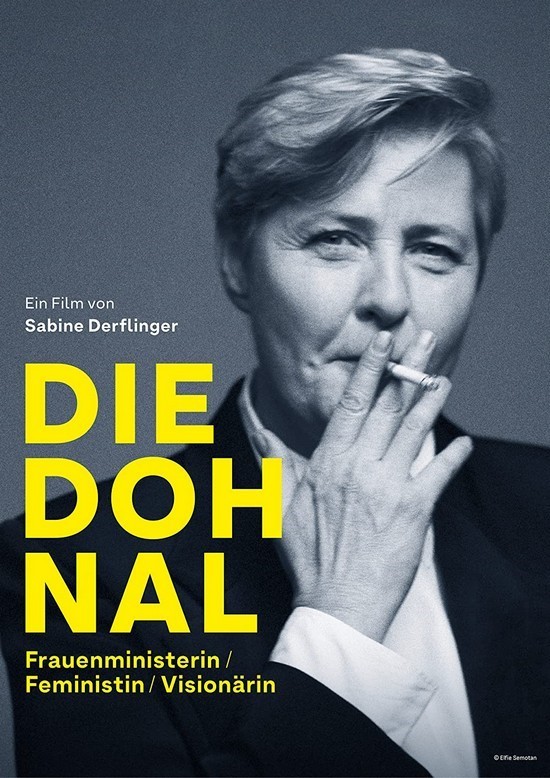 “Johanna Dohnal – Visionary of Feminism”
“Johanna Dohnal – Visionary of Feminism”, by
Sabine Derflinge, is an Austrian documentary on the rise and fall of one of the first
feminists in a European government that came to power in a conservative country
like Austria in the 1970s.
Dohnal achieved a lot for Austrian women through her
consistent actions in 16 years of government work. Her fight for equality was
always a fight for a society with a human face. Feminists, politicians and
journalists are aware of the legacy that Dohnal left them and draw strength
from what she achieved.
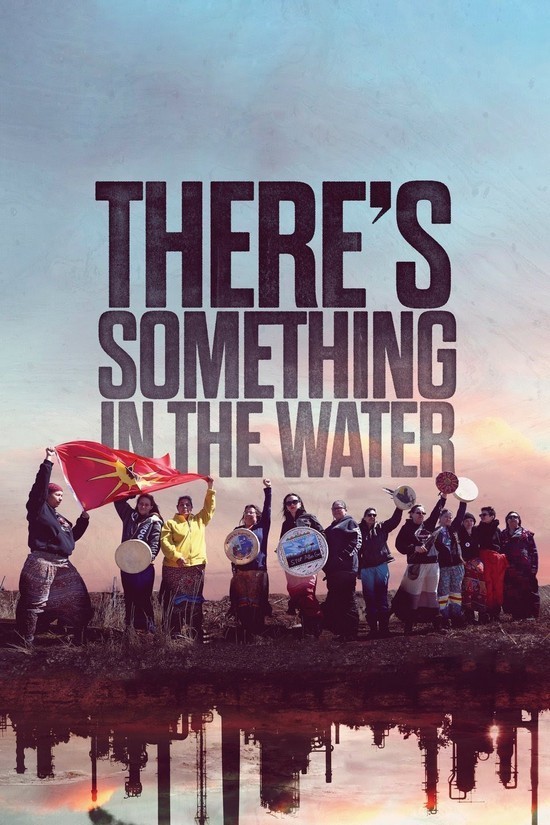 “There’s Something in the Water”
“There’s Something in the Water”, by
Ian Daniel and Elliot
Page, is a documentary drawing attention to the injustices and injuries caused
by environmental racism. It follows indigenous and African Nova Scotian women
fighting to protect their communities, their land, and their futures.
“Palazzo di Giustizia”, by
Chiara Bellosi, follows events in
the courthouse of a large Italian city. A hearing is under way in the court, of
a gas station attendant who killed one of his two robbers.
These films highlight the role of women in society and their
contributions to a better future, and celebrate their courage, achievements,
and efforts worldwide.
The screenings, at the Rainbow Theater, last until March 12.
The event is supported by the embassies of France, Chile, Austria, Sweden,
Italy, Mexico, Canada, Switzerland, Germany, Panama, Ireland and Nigeria, by an
Egyptian participant, by the Irish Film Institute and by the French Cultural
Institute in Jordan.
Read more Entertainment



